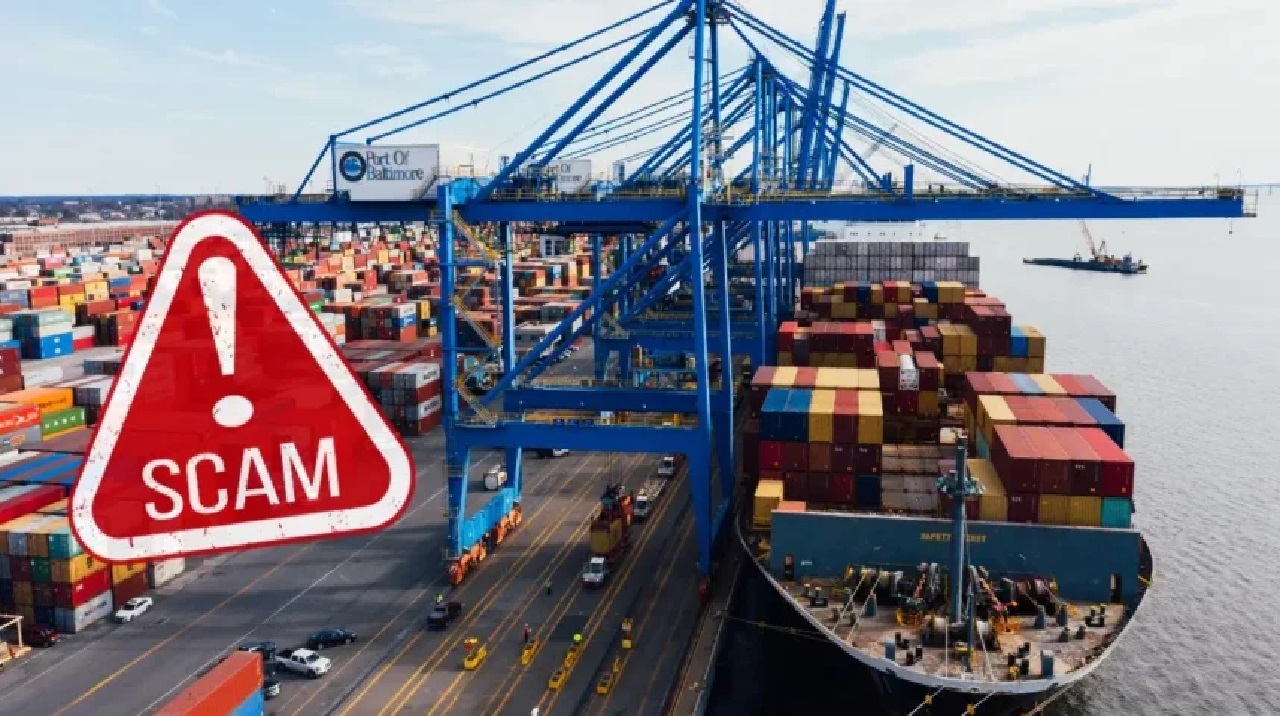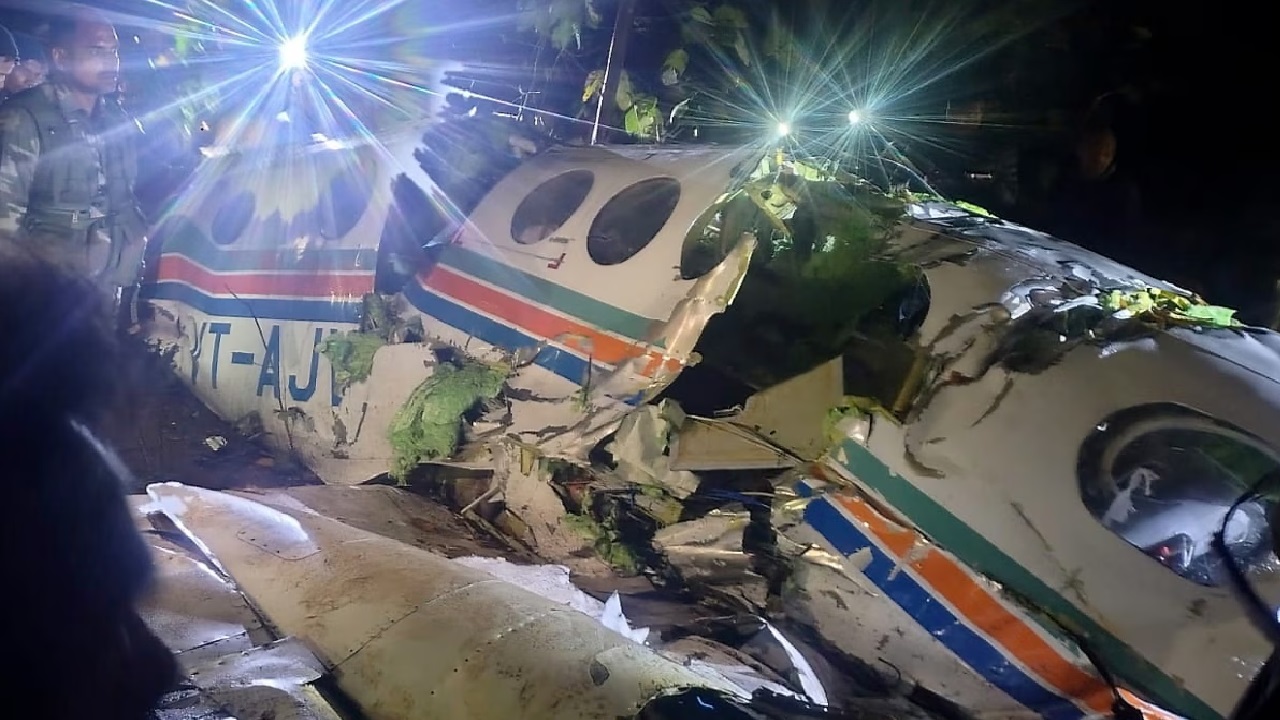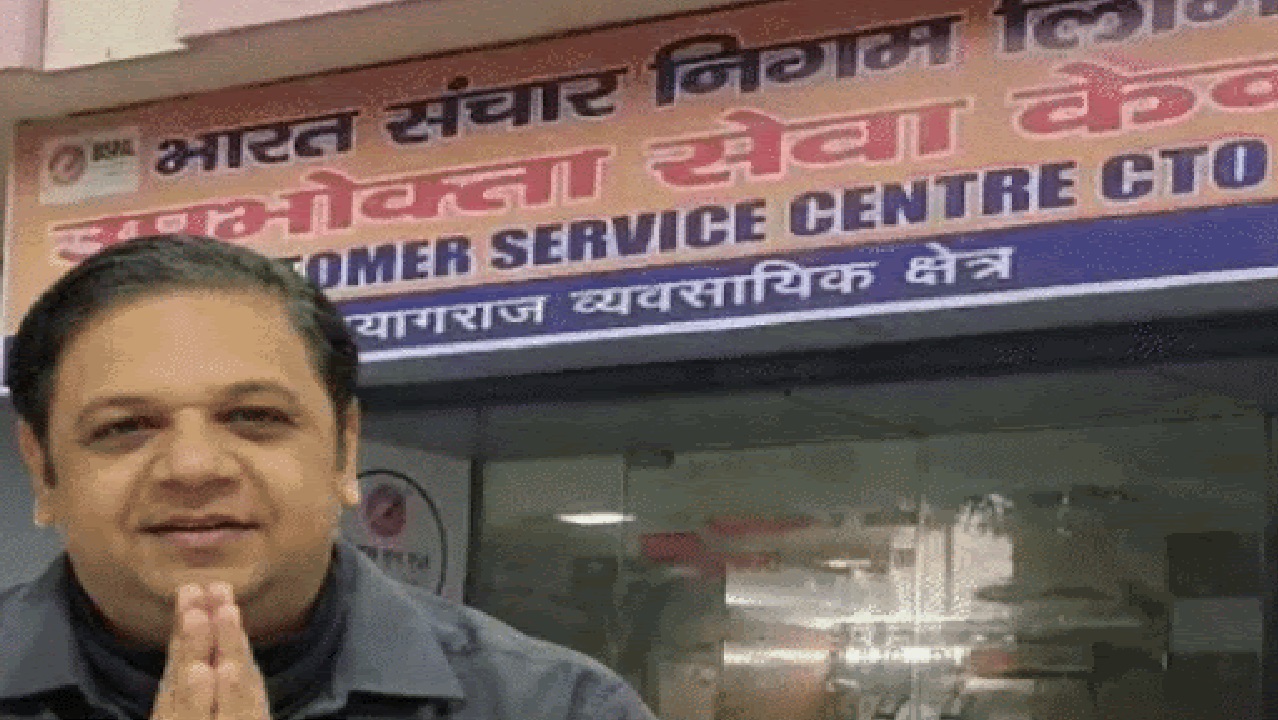Deep Corruption in Deep Waters
The Central Bureau of Investigation (CBI) has opened a high-profile corruption case involving a staggering ₹800 crore linked to the Capital Dredging Project at Mumbai’s Nhava Sheva port. At the heart of the investigation is Sunil Kumar Madabhavi, former Chief Manager of the Jawaharlal Nehru Port Authority (JNPA), alongside Tata Consulting Engineers (TCE), its director Devdutt Bose, and two other major dredging firms—Boskalis Smit India LLP and Jan De Nul Dredging India Pvt Ltd.
The case, registered on June 18, 2025, points to an alleged criminal conspiracy between public officials and private contractors to embezzle massive public funds under the pretext of infrastructure development.
The Project: Capital Dredging at Nhava Sheva
The Capital Dredging Project at the Jawaharlal Nehru Port was aimed at increasing the port’s draft depth to accommodate larger container ships and enhance cargo handling capacity. As one of India’s largest and busiest ports, JNPA’s infrastructure upgrades are crucial to national trade logistics.
However, what was intended as a transformative maritime initiative has now become the center of a massive corruption scandal. According to the CBI, instead of streamlining logistics, the project allegedly became a vehicle for profiteering through inflated invoices, falsified progress reports, and questionable approvals.
The Accused and Their Alleged Roles
The CBI FIR lists a range of individuals and entities:
· Sunil Kumar Madabhavi, ex-Chief Manager of JNPA, is accused of misusing his position to approve fraudulent project claims.
· Devdutt Bose, Director of Tata Consulting Engineers, allegedly facilitated irregularities by endorsing faulty project appraisals and valuations.
· Boskalis Smit India LLP (Mumbai) and Jan De Nul Dredging India Pvt Ltd (Chennai), key contractors, are suspected of receiving inflated payments for dredging work that was either incomplete or grossly overcharged.
The CBI believes that this nexus created forged documentation and manipulated project execution reports to justify unjustified disbursements, thereby diverting public money into private hands.
CBI’s Investigation and Legal Outlook
Registered under charges of criminal conspiracy, cheating, and criminal misconduct under the Prevention of Corruption Act and Indian Penal Code, the case is expected to expand as further evidence is gathered. Officials familiar with the probe suggest that raids and forensic audits are underway, and key digital records from JNPA and the consulting firms are being scrutinised.
A senior CBI official said, “This is a complex financial crime involving high-ranking officials and prominent firms. We are following the money trail, and no one will be spared if found guilty.”
Given the scale of the alleged fraud and the involvement of large, reputable firms, the case is likely to send ripples across India’s infrastructure and public-private contracting ecosystem.
A Litmus Test for Accountability
The ₹800-crore dredging scam represents more than just financial wrongdoing; it underscores persistent systemic vulnerabilities in India’s public infrastructure projects. With high-ranking officials and major corporations under the scanner, the outcome of this investigation could become a landmark moment for anti-corruption efforts in the country.
If the allegations are proven, it will serve as a reminder that even India’s most strategically significant infrastructure projects are not immune to deep-rooted corruption. More importantly, it will test whether institutions like the CBI can successfully hold both public servants and corporate giants accountable.
(With agency inputs)








